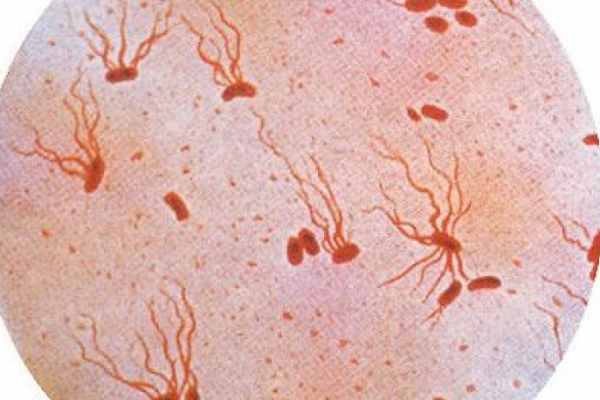
By NQOBANI NDLOVU
BULAWAYO is recording an increase in diarrhoea cases, which is blamed on water shortages and contaminated water among other reasons as city fathers expressed fear of a typhoid outbreak.
Since March, confirmed diarrhoea cases have killed 13 in Luveve and surrounding suburbs, and infected hundreds of people in other suburbs.
While the city is battling water shortage after authorities decommissioned three supply dams, ageing water and sewage reticulation infrastructure is piling more woes as seen by incessant pipe bursts, resulting in contamination of potable water and residents getting ill.
Bulawayo City Council has announced that diarrhoea cases will be treated for free at its clinics.
A council report on health, housing and education showed that city fathers were worried about the diarrhoea outbreak.
“The province continued to roll out intensified emergency response mechanisms for all pillars to detect, contain, monitor, predict and manage the coronavirus disease in 2019 (COVID-19) and gastro-intestinal diseases (GIT) outbreaks which continued to evolve,” the council report read in part.
- Chamisa under fire over US$120K donation
- Mavhunga puts DeMbare into Chibuku quarterfinals
- Pension funds bet on Cabora Bassa oilfields
- Councils defy govt fire tender directive
Keep Reading
“The perennial water shortages in the province had resulted in a sharp increase in diarrhoea cases as communities resort to alternative water sources which may be of unsafe quality.”
According to the report, Nkulumane, Maqhawe, Nketa, Entumbane, Magwegwe and Mzilikazi are cited as the city’s diarrhoea hotspots.
“There was a need to strengthen implementation of protective factors against contracting diarrhoea. Water, sanitation and hygiene (WASH), contact tracing, active case finding as well as health education, intensified shop inspections were some of the activities. The diarrhoea case investigations had continued aimed at containing a possible outbreak and to establish the aetiological agent(s),” the council report read.
“Bulawayo was on high alert for typhoid as it was endemic in some neighbouring cities.”
Typhoid is endemic in Harare. In 2019, Zimbabwe became the first African country to benefit from the World Health Organisation (WHO) funded mass Typbar-typhoid vaccination programme.
The WHO recommends the introduction of the Typbar-typhoid conjugate vaccine to be prioritised in countries with the highest burden of typhoid disease or a high burden of an antimicrobial-resistant strain.
Zimbabwe meets the two criteria.
In addition to the seasonal outbreak, the country has been experiencing a high level of resistance to the standard first line antibiotic treatment against typhoid.











